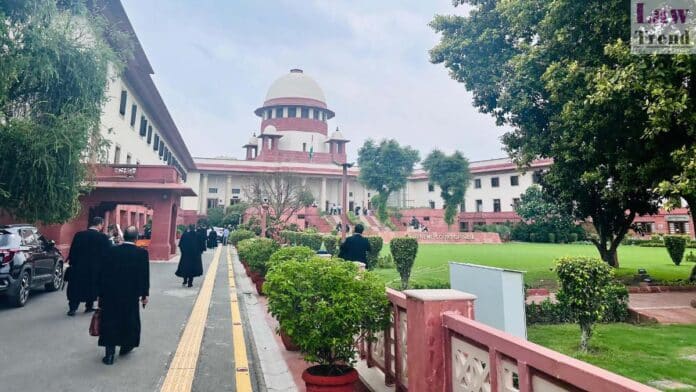In a significant judgment, the Supreme Court of India, comprising Justice C.T. Ravikumar and Justice Sanjay Karol clarified the independent applicability of Section 174A of the Indian Penal Code (IPC), which penalizes non-appearance in response to a proclamation. The Court held that even if the underlying case is quashed or resolved, non-appearance during the effective
To Read More Please Subscribe to VIP Membership for Unlimited Access to All the Articles, Download Available Copies of Judgments/Order, Acess to Central/State Bare Acts, Advertisement Free Content, Access to More than 4000 Legal Drafts( Readymade Editable Formats of Suits, Petitions, Writs, Legal Notices, Divorce Petitions, 138 Notices, Bail Applications etc.) in Hindi and English.




